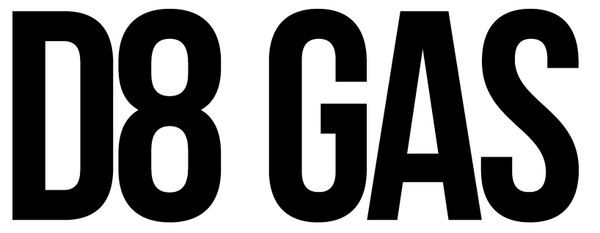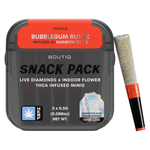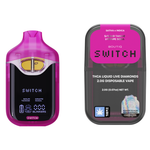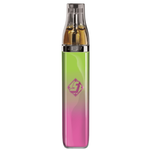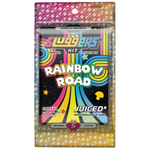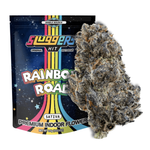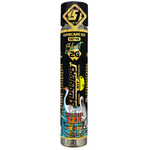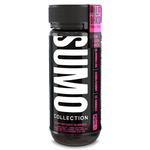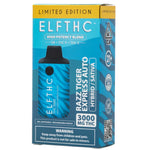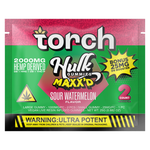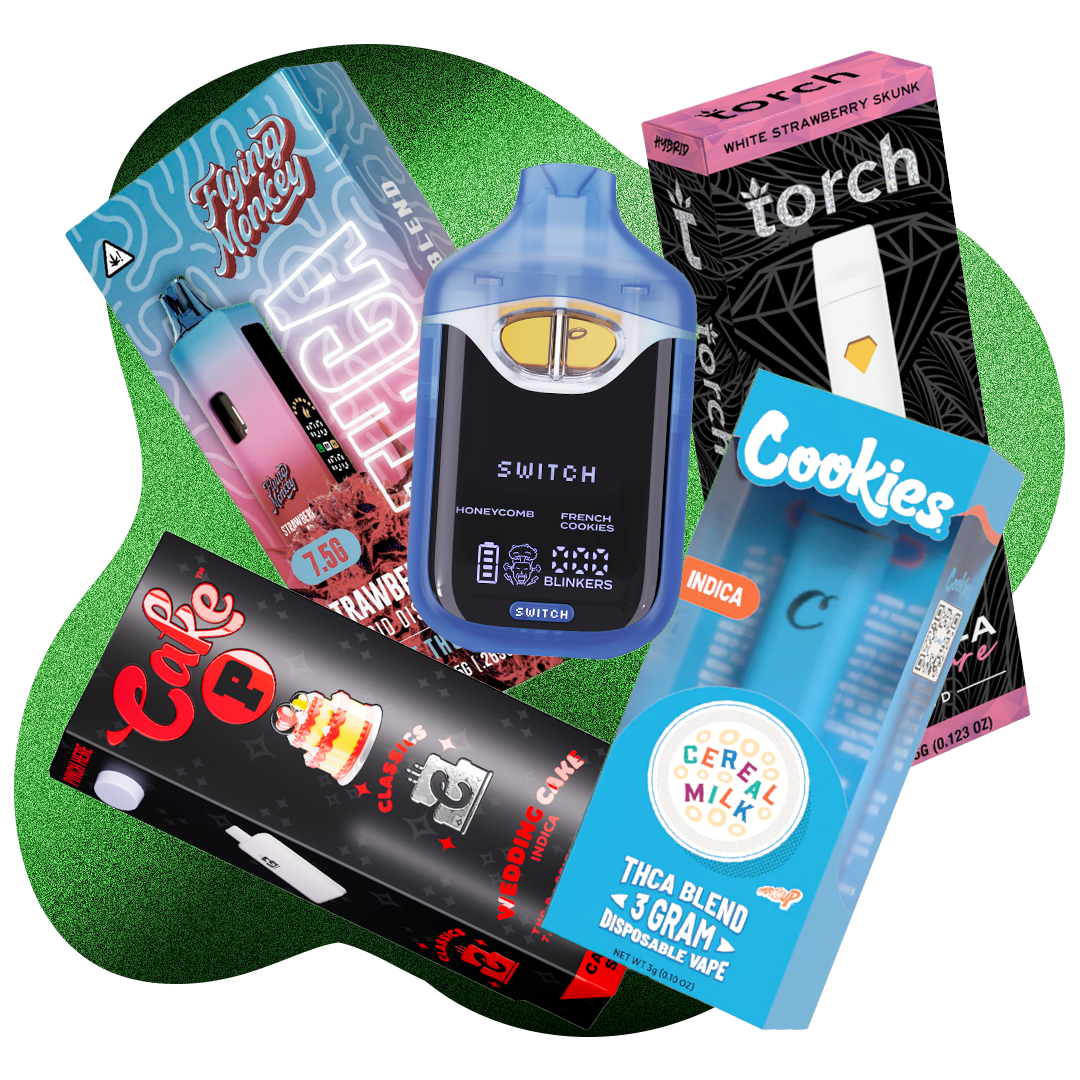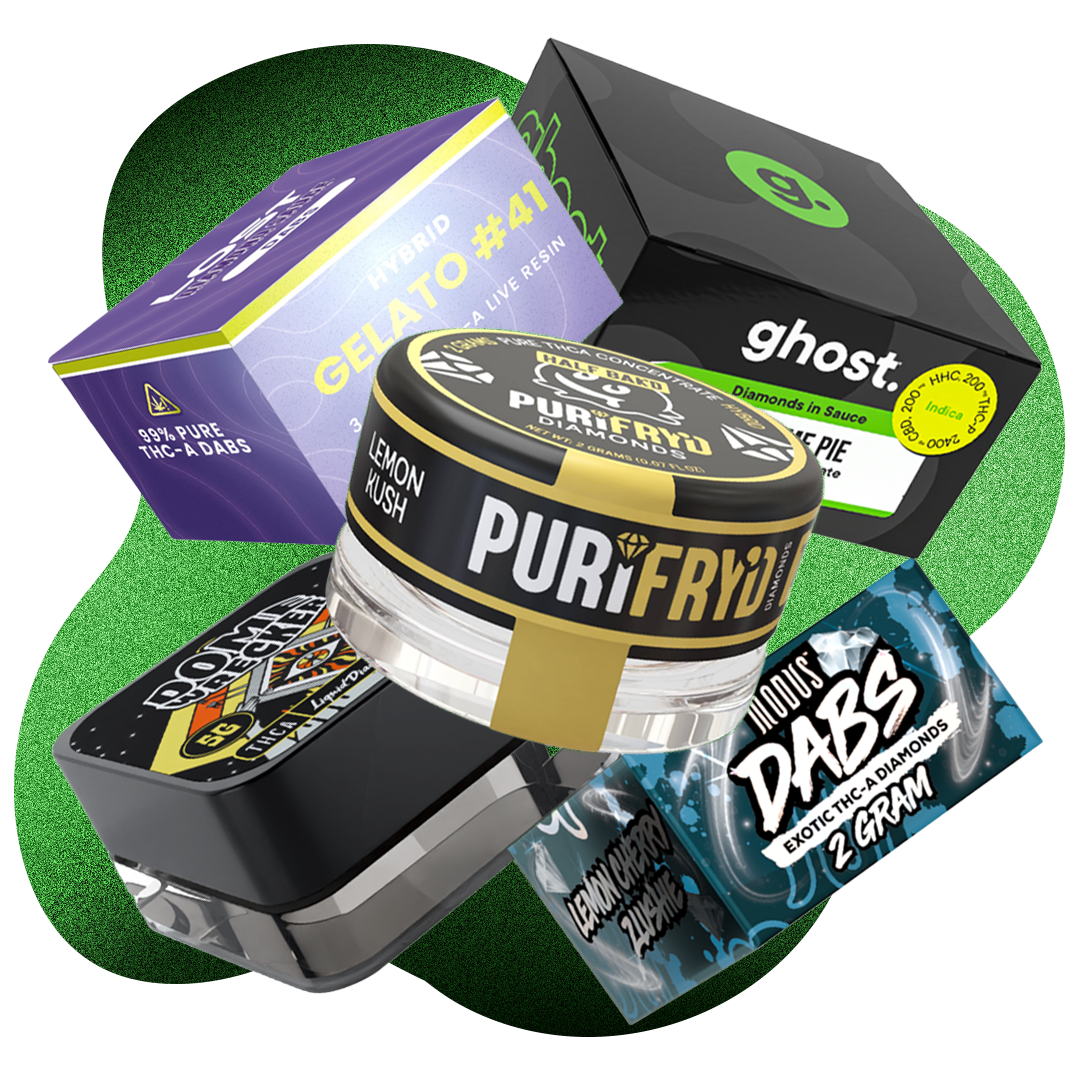The world of hemp is constantly evolving, and as a result, new compounds and cannabinoids are being discovered and studied. Two compounds that have recently gained a lot of attention are delta-9 THC and delta 8 THC. While these compounds have similar names and both come from cannabis and hemp plants, they have some distinct differences in terms of their effects, legality, and uses. In this article, we will take a closer look at the differences between delta-9 THC and delta 8 THC, and explore what makes each one unique.
Delta 9 THC, also known as simply THC, is the most well-known and researched compound found in the cannabis plant. It is the compound responsible for the psychoactive effects that are associated with cannabis, and is the primary compound that is targeted in most drug tests. THC has been studied for its potential medical benefits, and has been found to be effective in treating conditions such as chronic pain, nausea, and loss of appetite. In addition, it has been found to have anti-inflammatory and antioxidant properties. THC has been legal for medicinal use in many states in the U.S, and also for recreational use in some states as well.
Delta-8 THC, on the other hand, is a less well-known and studied compound. It is structurally similar to delta-9 THC, but is different enough to have distinct effects. Delta-8 THC is believed to be less psychoactive than delta 9 THC, and may have a more subtle "high" that is more relaxing and less cerebral. Some people have reported that delta-8 THC is a milder version of delta-9 THC, and that it can help with anxiety, pain, and insomnia. However, the research on delta-8 THC is still in its early stages, and more studies are needed to fully understand its effects.
One of the main differences between delta 9 THC and delta-8 THC is their legal status. While delta-9 THC is classified as a Schedule I substance under federal law, which means it is illegal to possess or use, delta-8 THC is not specifically listed on the schedule, it is however been outlawed in some states, but many states haven’t made any legislation specifically for delta-8 THC and it is technically legal due to the 2018 Farm Bill. However, this does not mean that it is completely legal across the U.S, and the legal status of delta-8 THC is currently in flux.
Another difference between delta-9 THC and delta-8 THC is the way they are produced and consumed. Delta-9 THC is typically found in higher concentrations in the flowers of the cannabis plant, and is most commonly consumed through smoking or vaporization. Delta-8 THC, on the other hand, is found in lower concentrations and is typically produced through chemical processes, such as the conversion of CBD into delta-8 THC. It is also commonly consumed through edibles, tinctures, and vapes.
In conclusion, delta-9 THC and delta 8 THC are two compounds that come from the cannabis and hemp plant and have some similarities, but also some key differences. Delta-9 THC is the primary psychoactive compound found in cannabis and is legal for medicinal use in many states and also for recreational use in some states. Delta-8 THC is less well-known and studied, but is believed to be less psychoactive than delta-9 THC. However, research on delta 8 THC is still in its early stages, and more studies are needed to fully understand its effects. Both compounds have different legal status, and different way of consumption. If you're looking to try out a different type of THC experience, delta 8 THC could be an interesting option to consider.

